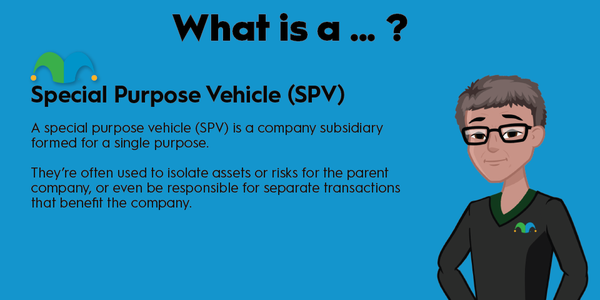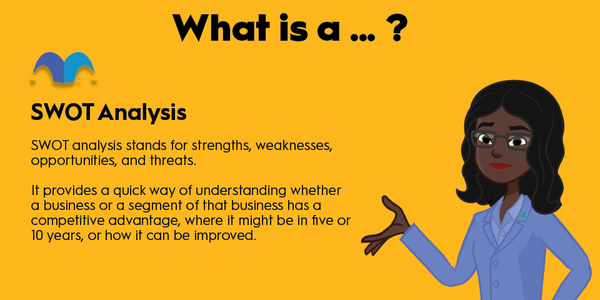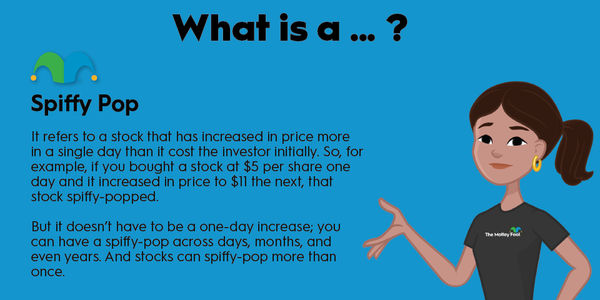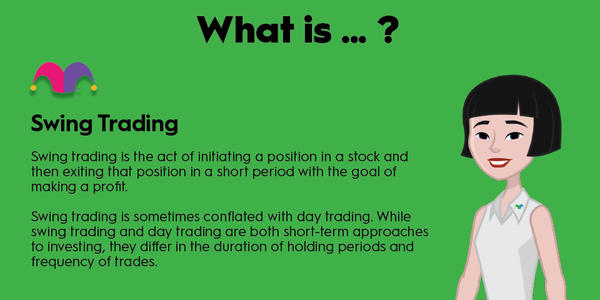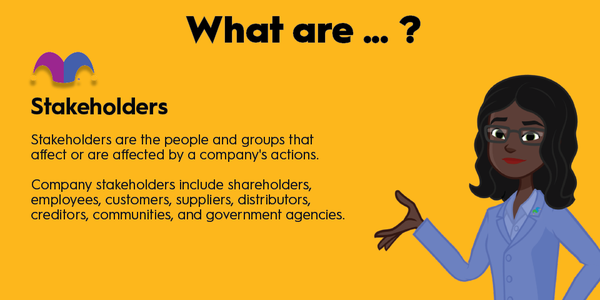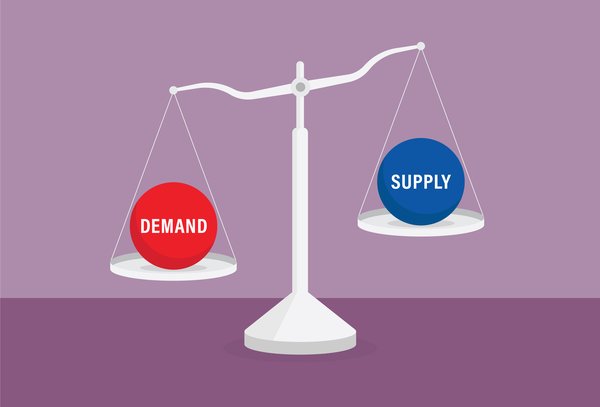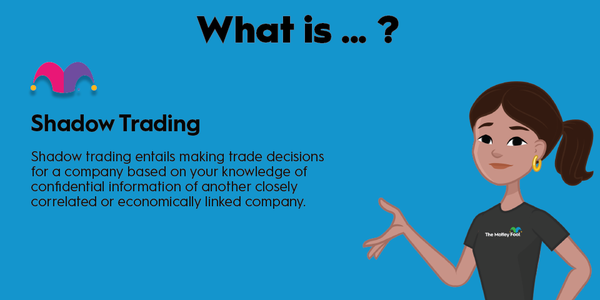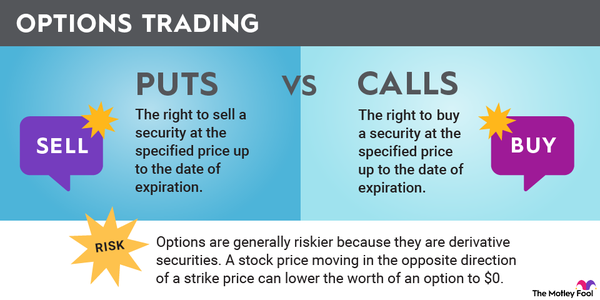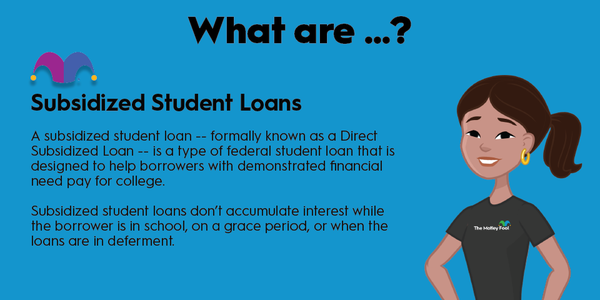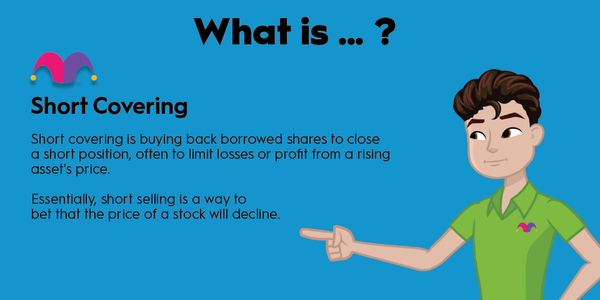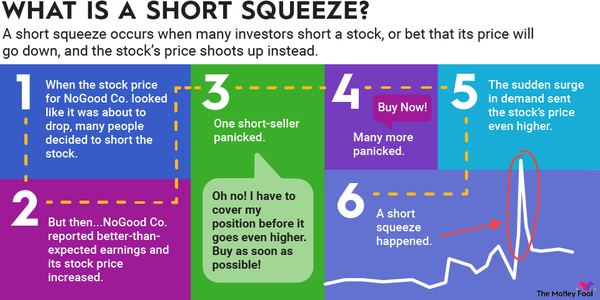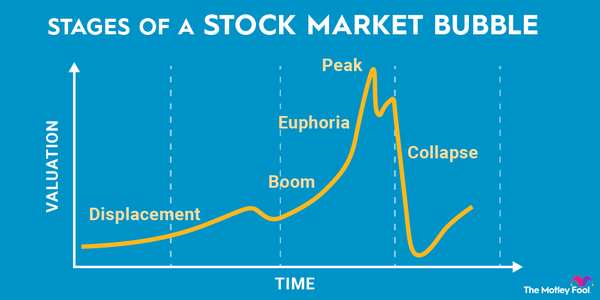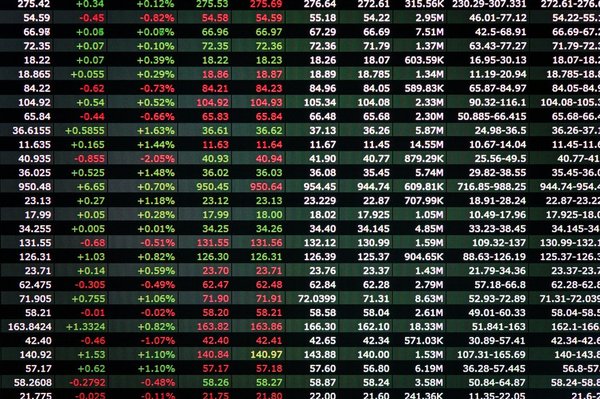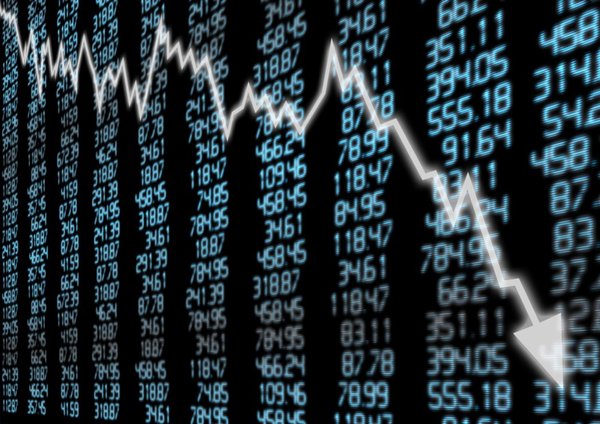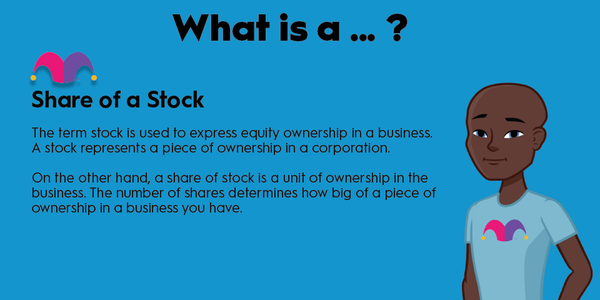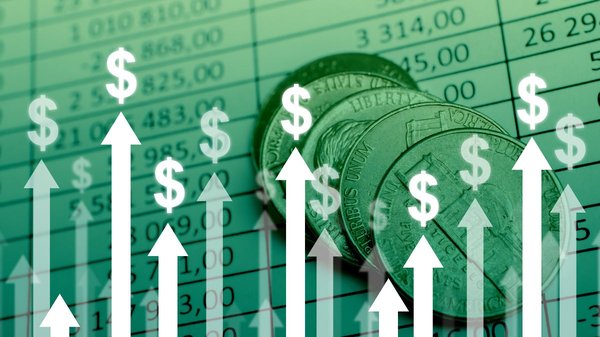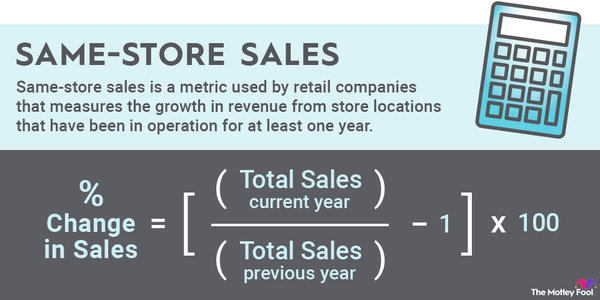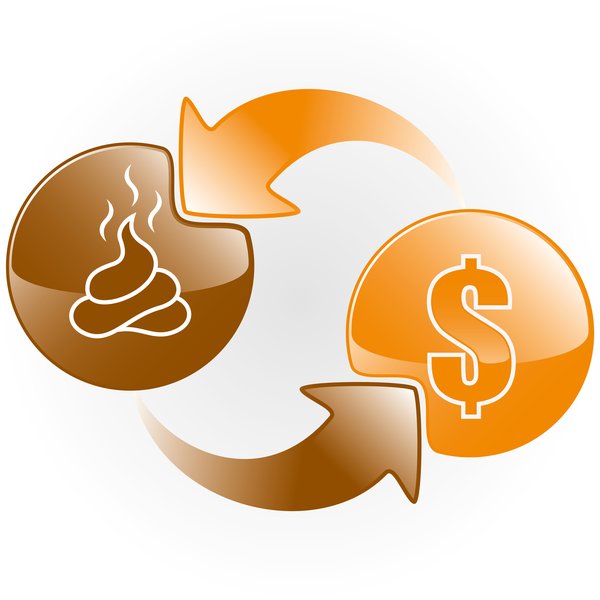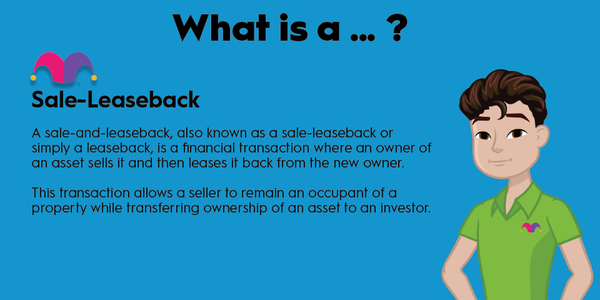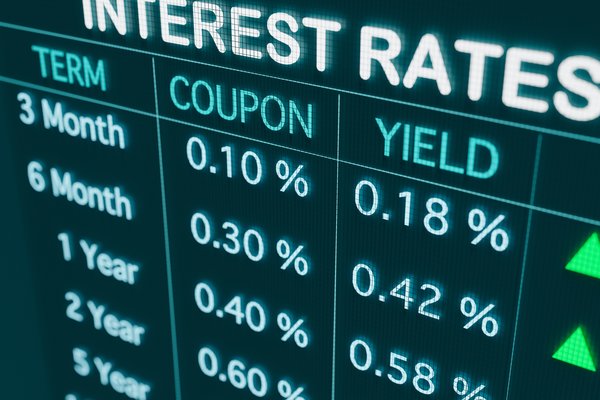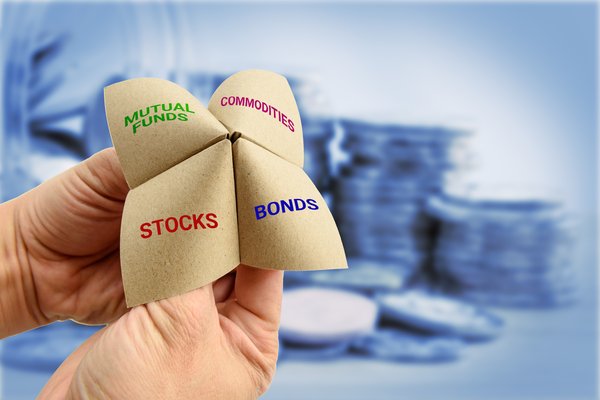You may understand that stocks trade on a market and go up and down based on the fortunes of an existing business. But do you understand exactly what a stock is and how it works?
Let's go over how stocks work and what different types of stocks there are.

How do stocks work?
A stock represents an ownership interest in a business. When a business wants to raise money, its board of directors determines the number of shares to issue.
When the business goes public, its shares start trading on the stock market. In the U.S., businesses trade on stock exchanges such as the Nasdaq or the New York Stock Exchange (NYSE). Individuals and institutions can buy and sell shares of publicly traded stocks.
Let's use Netflix (NFLX 1.71%) as an example of stock ownership. Netflix went public in 2002, and, since then, investors have been able to own a fractional portion of the company in their investment accounts.
When Netflix wants to raise more money, it issues more shares for investors to purchase. Since owning stock is owning a piece of the business, as Netflix's business did well and earned more money, the stock's price skyrocketed.
Companies with extremely small market capitalizations and low share prices often trade on over-the-counter (OTC) markets and are listed on the pink sheets. Many of the stocks that trade on OTC markets are known as penny stocks.
What does it mean when you own stocks?
When you own stocks, you own a part of a business. This technically means you have a claim on the business's assets if it goes bankrupt.
Over the long run, you'll make money from stocks if the business continues to grow and make money. You can also make money off stocks when share prices increase or when the board of directors declares a dividend payment. The best stock investors are the ones who recognize that picking stocks is about buying good and growing businesses.
You can buy and sell stocks using a brokerage account. When you want to buy a stock, the broker (or a computer the broker owns) buys the stock and records the transaction for your account. In most accounts, you just type the stock ticker symbol in on the broker's website or app and tell it how many shares you want to purchase.
Types of stocks
Owning a stock gives you certain rights, and those rights can differ depending on the type of stock you own.
- Common stock. This is the type of stock most people invest in. Common shareholders have the right to receive any dividends that the company declares on its common shares, and they also have voting rights at annual and special shareholder meetings. However, if the company goes bankrupt, common stockholders are last on the list to recover their investment. All other creditors, such as banks and bondholders, must be paid off first.
- Preferred shares. Preferred shares are like a stock/bond hybrid. They offered regular fixed dividend payments with a higher yield than common shares. Preferred shareholders typically don't have the right to vote at annual shareholder meetings, but they get higher priority in receiving dividends or payments in a liquidation of the business. The key difference between common stock vs. preferred stock is that common stock is a riskier investment and usually provides higher returns over time, while preferred stock is a more conservative investment that will pay a dividend but not go up much.
- Convertible preferred shares. This type of stock starts out as preferred but can be converted to common stock. Investors can often choose to convert their shares, but sometimes the business has the right to force the conversion.
- Treasury stock. Treasury stock is stock that a business repurchases from the market and holds on its balance sheet. Businesses do this to increase the percent of the pie that remaining shareholders own.
Why invest in stocks?
The reason so many people invest in stocks is that if a business is successful, its stock will usually rise in price in the long run.
It's important to understand that this won't always be true, especially over shorter periods of time. Stock prices are subject to regular market forces such as supply and demand that don't always match up with the fundamental health of the underlying business.
Benjamin Graham, one of the most famous investors in history, said: "In the short run, the stock market is a voting machine but in the long run, the stock market is a weighing machine."
Few other investments offer the return potential of stocks. Bonds offer predictable fixed interest payments of interest repayment of principal. But, even if a company does well, bondholders typically don't see the value of their holdings grow. Real estate has more growth potential than bonds, but historically it hasn't grown at the same rate as stocks.
Stock investing can seem intimidating, but the basics of what a stock is aren't too hard to understand. By focusing on the ownership element of investing in stock, you'll be better able to choose companies to invest in that will help you reach your financial goals.
A great place to start learning about stocks and eventually buy a few is with your favorite products. However, it's important to learn how to value a stock by analyzing a business and its financials.
There are all kinds of ways to start investing in stocks. If your employer offers a 401(k) plan, you can use that to pick mutual funds that will buy stocks and, in some cases, pick your own stocks. If it doesn't, consider opening an individual retirement account (IRA) or a brokerage account to start buying stocks.
You should only start to buy stocks if you're in a good place financially. In the short-term, stocks can be volatile, so don't put your savings at risk unless you've paid down high-interest debt and have cash set aside for a rainy day.
Related investing topics
Frequently Asked Questions
What does stock mean?
Stock is a fractional ownership in a business. When a company issues stock, it is selling off portions of ownership to investors.
What is the difference between a stock and a share?
Stock refers to ownership in the business as a whole. A share is one piece of the stock in the business. In some countries, such as Australia and England, the word "shares" is used in the same way the word "stock" is used in the U.S.
What is the difference between common stock and preferred stock?
Common stock is an ownership stake in a business that trades on the market based on its future earnings prospects. Preferred stock is a fixed-income instrument that trades based on the dividends paid out to shareholders.
What is the difference between a stock and a bond?
While stocks are considered an ownership stake, bonds are debt. Companies issue bonds to raise money from outside lenders. The bonds then function similarly to a mortgage for the business. The business makes payments during the term of the bond, but the lender has no claims on business assets once the term is up.
Why do companies issue stock?
Companies issue stock to raise funds and expand their business. At some point, the business is growing too fast to use its own cash flow and/or bank debt to fund continued growth, so it sells shares to investors to raise money.
